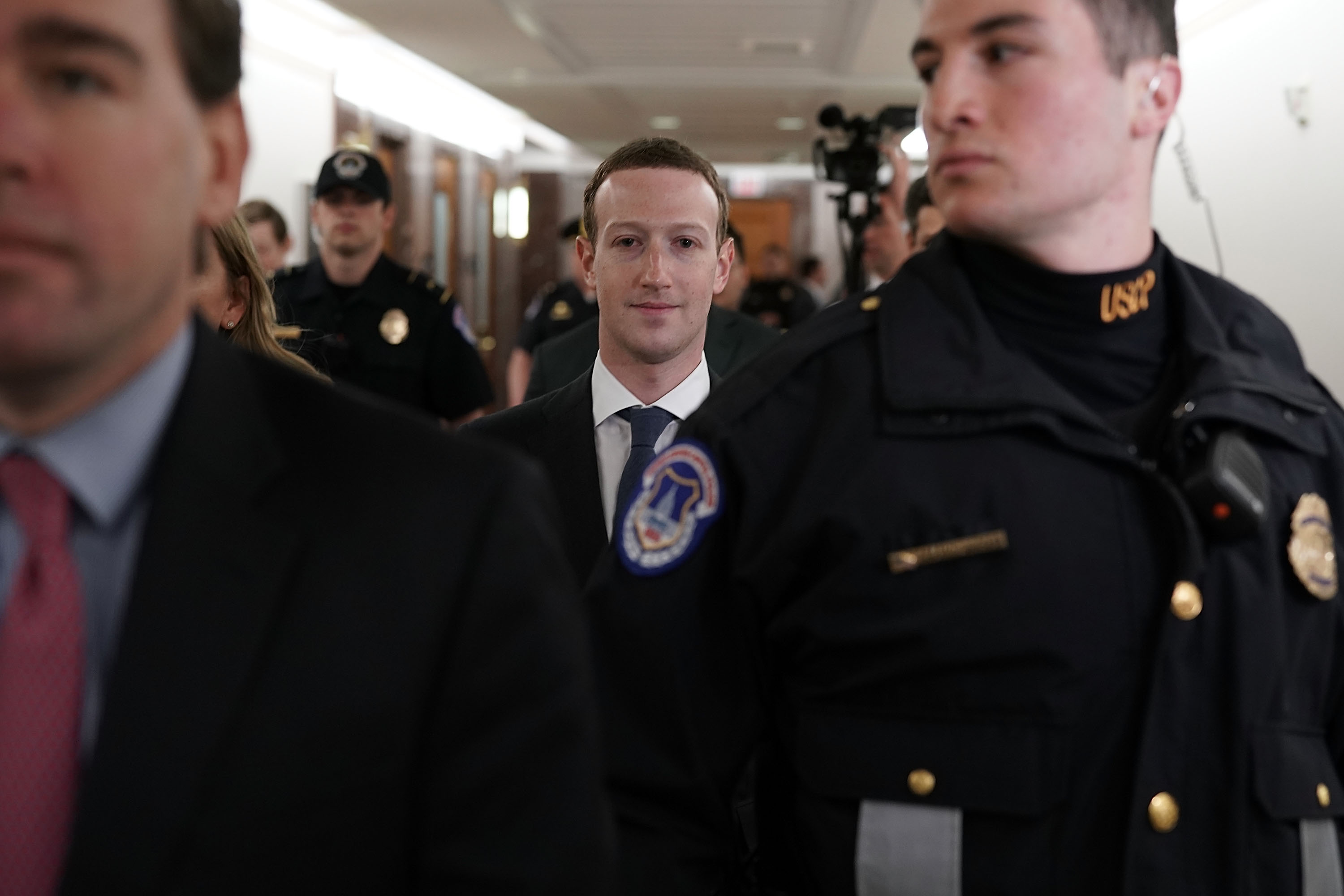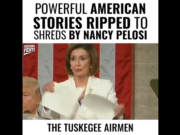Mark Zuckerberg says he has too much power, and you must stop him.
In a March 30th op-ed for The Washington Post, the Facebook CEO and world’s eighth richest man called for “a more active role for governments and regulators… in four areas: harmful content, election integrity, privacy and data portability.”
On Monday, one of Facebook’s top policy executives added in an interview with Axios that Zuckerberg would likely be “making the rounds in Washington” to discuss the ideas in his op-ed with lawmakers. The details may be uncertain, but the signal Zuckerberg is sending is clear: Facebook supports government action to regulate social media.
As one would expect, Zuckerberg’s comments provoked a flood of criticism and debate about the future of free speech online. I’ve compiled some of the more cogent responses below.
In The New York Times, Mike Isaac noted that government regulation would take pressure off of Facebook the next time controversy arises over a particular piece of content. “It would serve Facebook to let lawmakers determine what is and is not a political advertisement,” Isaac observed. “When the next erroneous outburst inevitably occurs, Facebook could point toward the law it was forced to follow.”
Facebook’s inability to regulate content to the mutual satisfaction of its stakeholders is not surprising. Facebook users, government officials, media outlets, partisan operatives, and free speech advocates all have strong – and divergent – opinions about how the platform should regulate content. The notion that government would fare better is what’s ludicrous.
From Facebook’s perspective, however, simply redirecting public outrage towards the government would be a big win. A little less responsibility could mean a lot fewer headaches for the company. Yet for speakers and other platforms, the prospect of new Internet speech laws is threatening. Legislators often struggle to understand even the most basic facts about how the Internet functions, and these misconceptions lead to bad policy.
Indeed, Internet speech laws passed in Maryland and Washington were so confusing that Google chose to suspend political advertising in both states. Facebook even touted the Maryland law, which The Washington Post (among others) is currently suing for violating the First Amendment, as a model for the nation. That alone should disqualify Facebook from serving as a leader on these issues.
Many commentators expressed suspicion – or outright certainty – that Facebook’s intentions are insincere. In The Federalist, David Harsanyi wrote, “Zuckerberg is attempting to both extricate himself from the responsibility of running his site and attempting to hurt the competition. That’s not surprising.”
In Reason, Nick Gillespie quoted Zuckerberg previously admitting to Congress that Facebook could better withstand Congressional action than other companies. “When you add more rules that companies need to follow, that’s something that larger companies like ours just has the resources to go do and it just might be harder for a smaller company just getting started to comply with,” Zuckerberg acknowledged.
It’s easy to imagine how this would play out. Consider that in 2017, Facebook pledged to hire 1,000 new employees to monitor and remove ads that violate Facebook’s policies. Or that in 2018, Facebook promised to double the size of its safety and security team to 20,000 employees. Few companies, and virtually no start-ups, could ever afford the manpower to operate such massive moderation teams. If Facebook sets the standard for the industry, it can kneecap its competition by taking on costs no one else can afford.
Criticism of Zuckerberg’s op-ed was not confined to the media. Several policymakers also raised free speech concerns with his suggestions. On CNBC’s “Squawk Box,” Rep. Cathy McMorris Rodgers stated her opposition to letting government regulate content on social media. “The government should not be doing that. That is a violation of our First Amendment rights,” she said.
FCC Commissioner Brendan Carr echoed that point on Fox Business, saying, “Whenever you outsource censorship to the government, it’s not just a bad idea, it’s one that violates the First Amendment.” FCC Chief of Staff Matthew Berry similarly tweeted, “Facebook’s CEO wants the government to more actively regulate Internet speech. No thanks. I prefer the First Amendment.”
With Zuckerberg’s op-ed providing few specifics about the regulatory schemes Facebook wants to impose, politicians have carte blanche to toss out any harebrained idea for regulating speech online. Facebook’s history of endorsing unconstitutional proposals to regulate political speech on the Internet – from the Honest Ads Act in Congress to the Maryland law the Post is currently challenging in court – gives Americans little confidence that free speech will be a priority for the company as the process plays out.
For supporters of free speech and open debate on the Internet, Zuckerberg’s call for government regulation is clearly bad news. How bad, however, remains to be seen.














